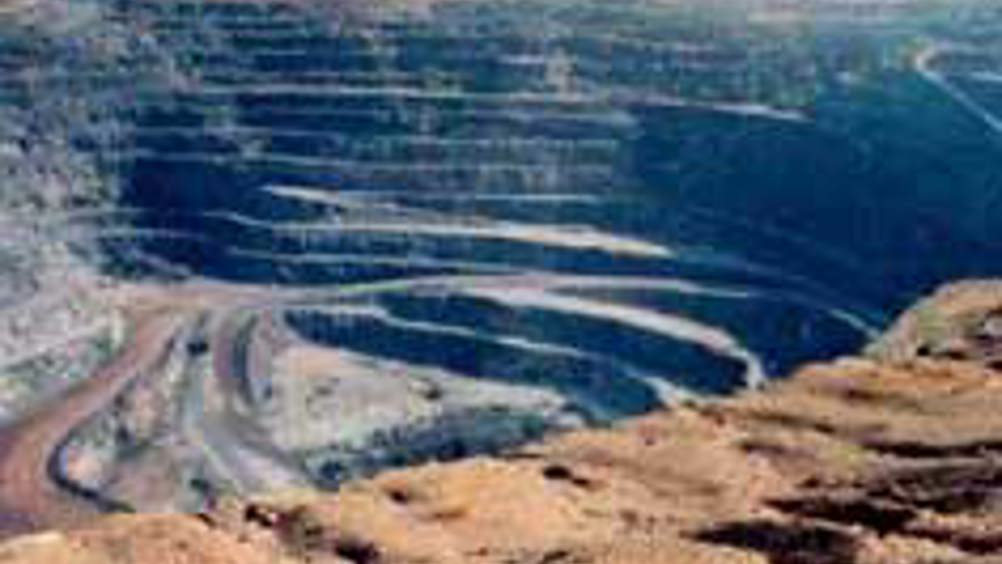Model to boost mining profits
A team from Manchester University’s School of Mathematics and Manchester Business School has developed a means of helping mining companies accurately calculate the value of their reserves.

The technology provides a solution to an inaccurate methodology used commonly within the mining industry for the past 40 years and will help to increase mining companies’ profits and their longer-term stability.
The techniques used to create the Reserve Valuation and Optimisation Model (RVOM) are a significant step forward from traditional methods and the team is now seeking a leading commercial partner to join it to enable RVOM to become the mining industry standard for valuation.
Prof Peter Duck and Dr Paul Johnson from the School of Mathematics, along with Prof Sydney Howell and Dr Geoffrey Evatt from Manchester Business School (MBS), began work on the RVOM in earnest in 2008, when a generic model for valuing a finite resource was needed in relation to uranium stocks for a UK government-sponsored investigation into the sustainability of nuclear power.
Duck, who is head of the School of Mathematics, said: ‘Being able to make fast and accurate valuations of reserves in the presence of economic and geological uncertainty is of critical importance to mining companies.
Register now to continue reading
Thanks for visiting The Engineer. You’ve now reached your monthly limit of news stories. Register for free to unlock unlimited access to all of our news coverage, as well as premium content including opinion, in-depth features and special reports.
Benefits of registering
-
In-depth insights and coverage of key emerging trends
-
Unrestricted access to special reports throughout the year
-
Daily technology news delivered straight to your inbox










CCC Report Finds UK Climate Targets Still Within Reach
In 1990 67% of the UK´s electricity came from coal-fired power stations and even without renewables the transition to gas was a major contributor to...